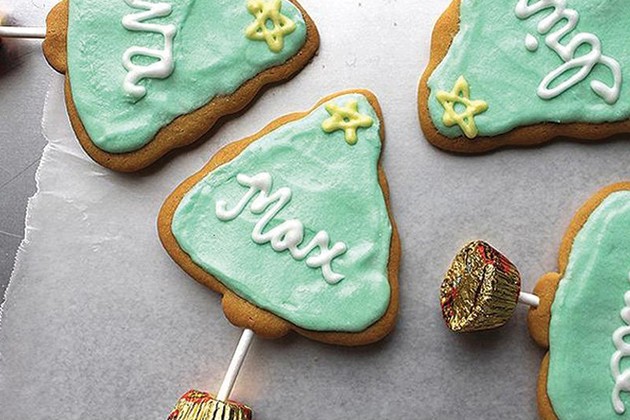Here’s Why Having Friends Boosts Kids’ Well-Being

Playing with a pal is not just board games, backyard soccer, slime, bikes and lemonade stands. It’s actually shoring up your child’s mental health, banking trust and developing security that can be drawn on for years to come.
In a University of Virginia (UVA) study, researchers tracked adolescents’ mental health over a 10-year period, following study participants from ages 15 to 25. In an article in the journal Child Development, the group said kids who had strong attachments to their friends when they were in their teens tended to feel better about themselves as adults. They also showed less depression and social anxiety.
In an unrelated study, conducted by researchers at Texas Tech University and published in the journal Psychological Science, findings show boys who spent more time with friends as children tended to have lower blood pressure and lower BMI as men in their early 30s. This study tracked how much time kids spent with friends during an average week, beginning at age 6 and continuing through age 16, based on their parents’ reports. Scientist Jenny Cundiff said the research suggests that “being socially integrated early in life is good for our health independent of a number of other factors such as personality, weight in childhood and the family’s social status in childhood.”
And here’s more good news if you’re worried about the size of your child’s friendship circle—at least according to the researchers behind the UVA study.
Kids don’t need a big group of friends to see these benefits. In fact, quality matters more—a lot more—than quantity. Whether it’s with one, two or three people, it is the “experience of having a really close, trusting, supportive relationship that goes really far,” says Rachel Narr, a Ph.D. candidate in clinical psychology at the university and the lead author of the study.
What It Means to Be a Friend, Age-by-Age
Friendships grow and change a lot in childhood—just as kids do. Roughly, here’s what you can expect as relationships become more complex.
- 6- and 7-year-olds make and relate to their friends based on who’s nearby and who’s similar to them—say, a neighborhood kid who is close in age or a classmate who likes the same playground games. It’s all about location!
- 7- to 9-year-olds are becoming choosier about playmates. They are likely to friend those who share common interests. And as they mature, kids are learning to see things from another person’s perspective, and to act accordingly.
- 9- to 12-year-olds start to take the next step, building relationships based on trust. They are recognizing what it means to be part of a group, and that friendship means giving as well as, or more than, taking.
The BFF Bonus
Aside from the strengthened self-worth and sunnier outlook that Narr found, kids have more to gain from friendship. Through their relationships with their pals, they learn and practice the social skills they’ll need for life—how to make conversation, to negotiate and collaborate, to read and react to others’ emotions. Friends help each other figure out appropriate behavior, and they can protect each other from bullying. Hanging out with friends makes kids feel good, reducing stress they might be feeling from school or family issues.
If your child is having a hard time with friendship, step in. Help your child set up playdates. During those get-togethers, offer support by suggesting some activities the kids can do, or just by being nearby in case they need some guidance on getting along. Often it helps to start small, with short get-togethers of an hour or so. Experiment with neutral locations, like the playground. And recognize that your child might need coaching on strategies, like how to introduce themselves to new people or cope with disagreements.
Other options: Try extracurricular activities, including sports like soccer and gymnastics, or classes for music, theater and art, to expand your child’s social circle. And check with your child’s teacher or the school’s guidance counselor to ask for suggestions.
Our Kindness Collection is designed to help you nurture kindness and empathy while encouraging kids to grow into their best selves: Curious, Creative, Caring and Confident.









